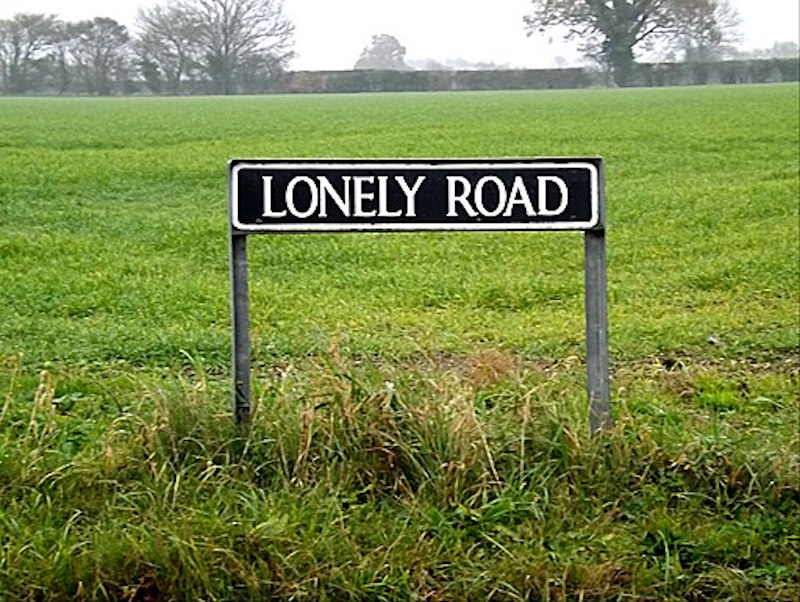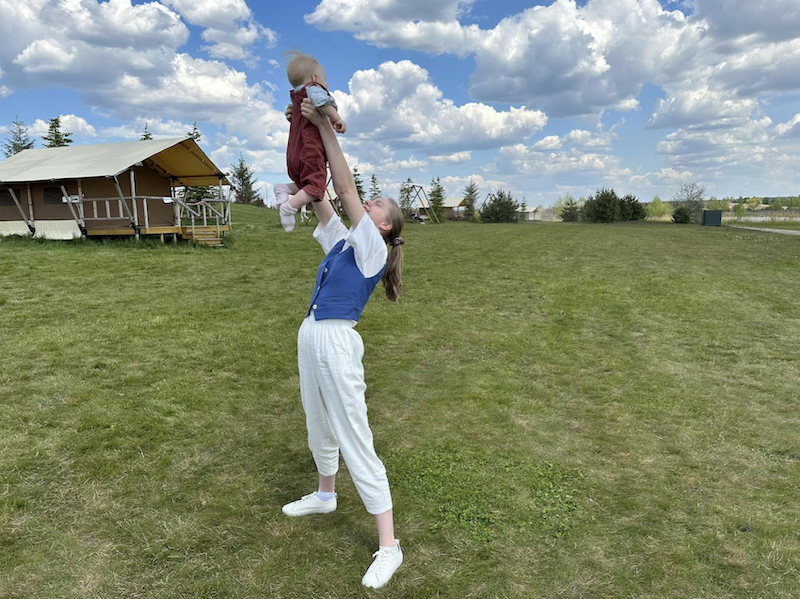49.63% of British adults reported feeling lonely in 2022 occasionally, sometimes, often, or always and 3.83 million people reported experiencing chronic loneliness, according to the Campaign to End Loneliness.
Loneliness was declared by the World Health Organisation a global threat in November 2023. In the UK, loneliness in society has increased since the pandemic.
Former prime minister Theresa May’s government instituted the Ministry of Loneliness in 2018, implementing the recommendations of Jo Cox’s Commission on Loneliness (a cross-party commission established in 2016 by the Labour MP, who was murdered that year) and while the Ministry has produced research on loneliness and launched strategies to mitigate it, it is not comprehensive. There is a lack of understanding about how the policies of austerity and the cost of living crisis’ have impacted communities and individuals’ social cohesion, and mental health in general.
This is evident in the guidelines for the government’s recent campaign to tackle loneliness in universities. They are so vague that they fail to consider the costs of university for students, and inequality, as 55% of students are doing paid work to support their studies (compared to 45% in 2022).
Over the last 14 years, Tory governments have continued to implement austerity measures, impacting the most vulnerable in society and seeing the closure of community hubs, from playing fields to community centres and libraries.
The impact of loneliness in the UK cannot be separated from over a decade of cuts to social welfare and their impact on society, and this can also be applied to mental health.
“Mental health-washing” is not the answer here. As the country looks to a general election this autumn, it will be up to charities and grassroots groups to start conversations and advocate for future campaigns that consider the damaged texture of British society, beyond sanitised narratives, buzzwords and wishful thinking.





